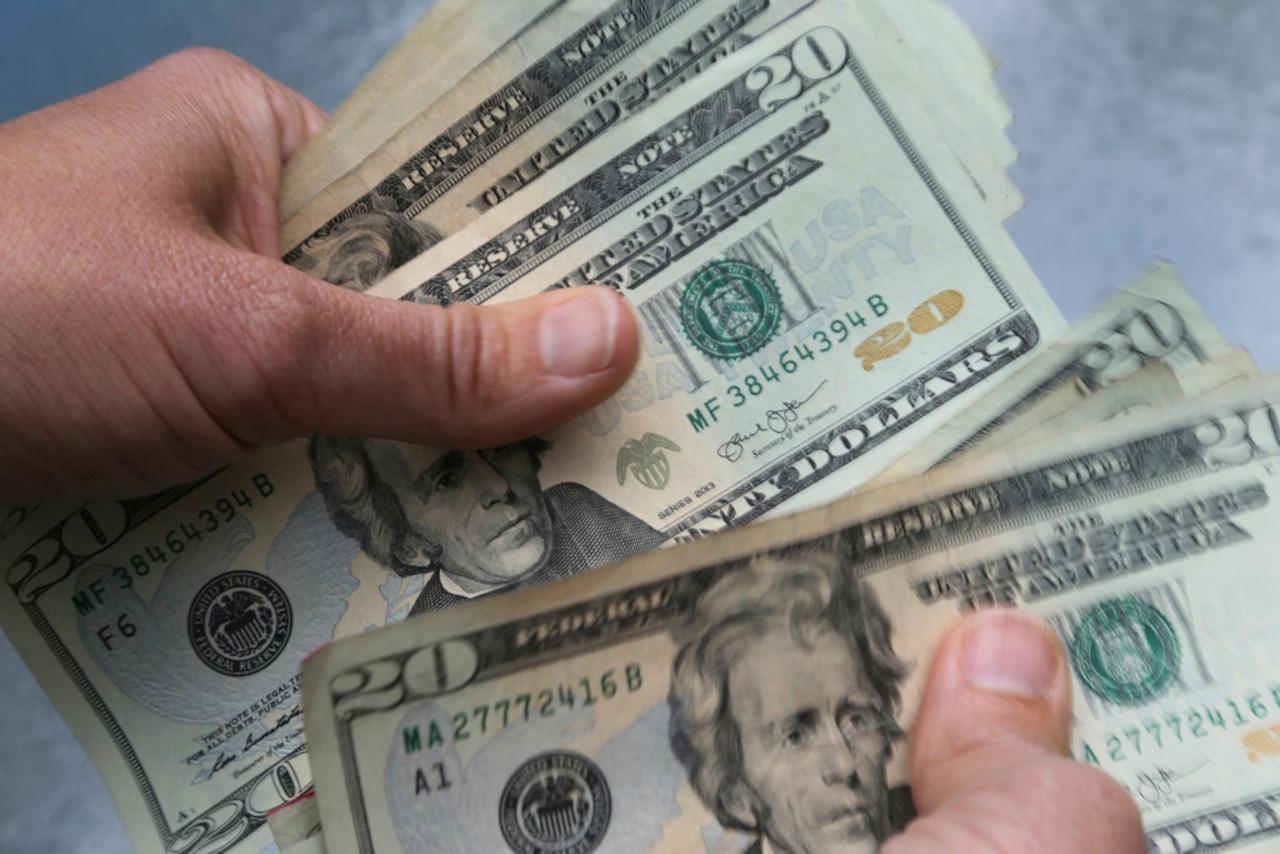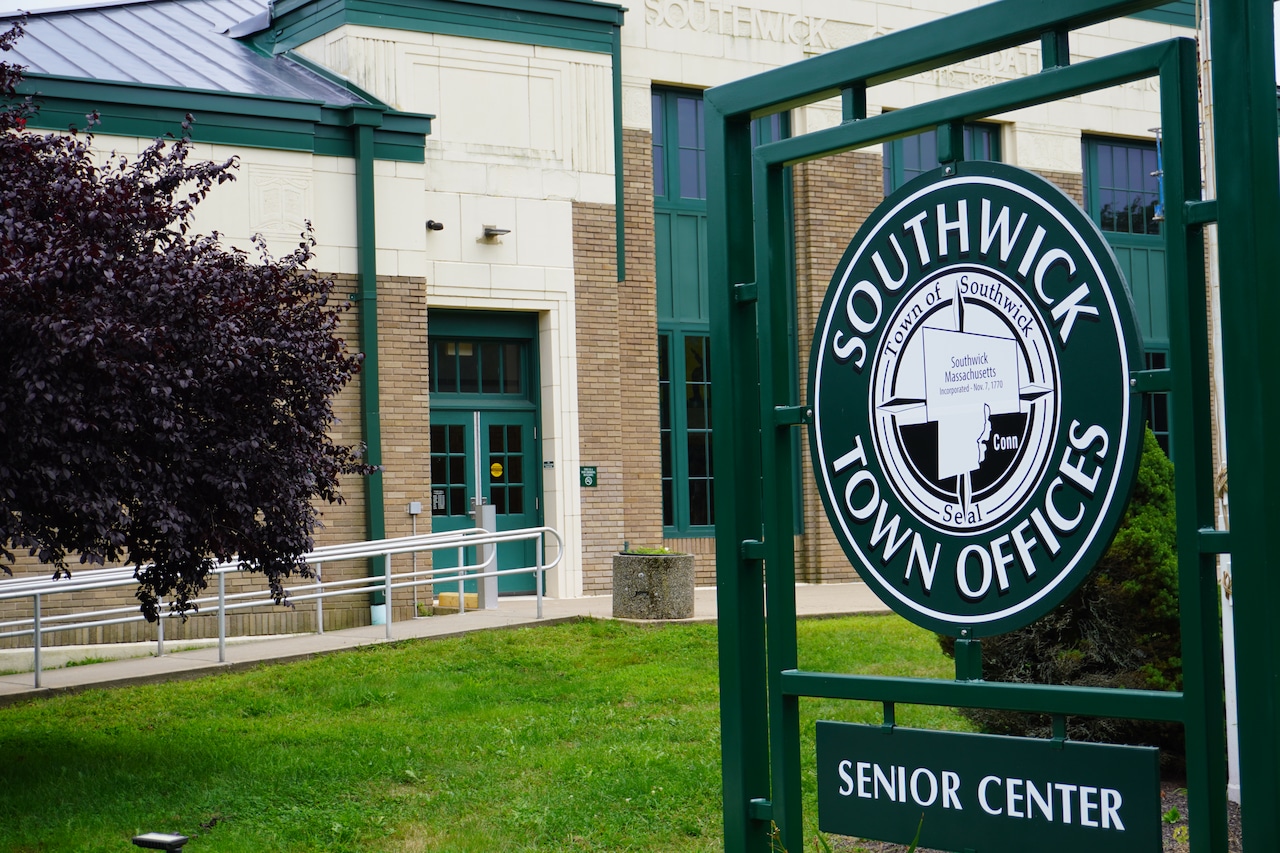
An Easton man was indicted again in connection with using COVID-19 relief funds to secretly buy a home in the name of a close relative, Acting United States Attorney Joshua Levy’s office announced.
Bill Dessaps, 47, was charged in a superseding indictment with a second count of wire fraud conspiracy, Levy’s office said in a statement released Wednesday. He was first indicted in January 2024 on one count of wire fraud conspiracy, one count of money laundering and one count of bank fraud.
An Easton man was charged yesterday in a superseding indictment for allegedly using Paycheck Protection Program (PPP) funds to secretly purchase a home in the name of a close relative.
Dessaps, who ran an Abington-based used car dealership, conspired with five other people in Massachusetts and Florida to turn in fake Paycheck Protection Program, or PPP, funds on behalf of his dealership, Levy’s office said.
The application they prepared and turned in falsely claimed that his dealership had 40 employees and averaged in monthly payroll expenses $334,720, Levy’s office said. Dessaps received $836,800 and made kickback payments to some of the conspirators who helped with the application.
After Dessaps received the PPP loan, he bought a $750,000 home in the name of a straw buyer, a close relative, Levy’s office said. This was because his credit score would have stopped him from getting a mortgage on favorable terms. The relief program prohibits buying a home.
Dessaps, his relative and a real estate agent submitted fake mortgage applications to a lender, Levy’s office said. This included forms and forged records that inflated his relative’s income and assets. For part of the home costs, Dessaps transferred PPP proceeds into a joint bank account that he and the relative controlled.
When a lender denied the relative’s application for a secondary loan, Dessaps and the real estate agent arranged a sham gift of $127,500 from the real estate agent’s girlfriend to the relative, Levy’s office said. In total, Dessaps obtained a $510,000 mortgage on the home and lived in it.
Dessaps’ original indictment charged him with attempting to get a “second draw” PPP loan through a different fake application in March 2021, Levy’s office said.
The charges of wire fraud and wire fraud conspiracy provide for a sentence of up to 20 years in prison, three years of supervised release and a fine of $250,000, or twice the gross gain or loss from the scheme, whichever is greater.
The charge of money laundering provides for a sentence of up to 20 years in prison, three years of supervised release, and a fine of $500,000 or twice the amount of money involved in the laundering transaction.
The charge of bank fraud provides for a sentence of up to 30 years in prison, five years of supervised release, and a fine of $1,000,000, or twice the gross gain or loss from the scheme, whichever is greater.





